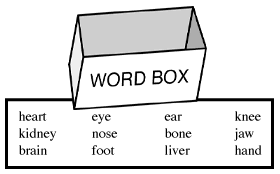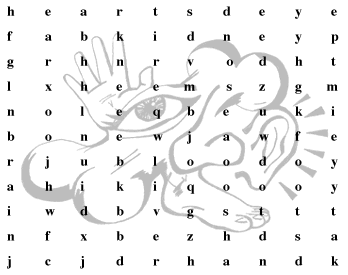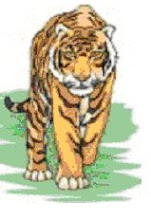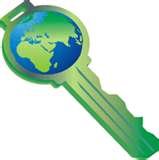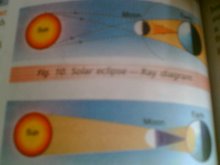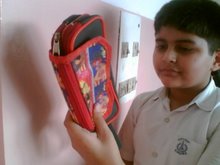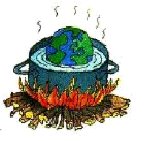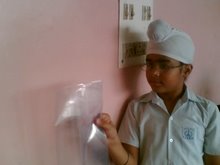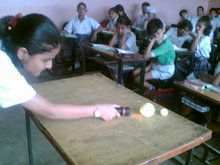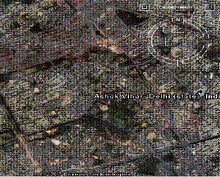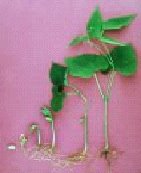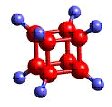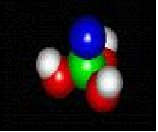So what do muscles do?
Muscles move cows, snakes, worms and humans. Muscles move you! Without muscles you couldn't open your mouth, speak, shake hands, walk, talk, or move your food through your digestive system. There would be no smiling, blinking, breathing. You couldn't move anything inside or outside you. The fact is, without muscles, you wouldn't be alive for very long!
Do I have lots of muscles?
Indeed. On average, probably 40% of your body weight is in muscles. You have over 630 muscles that move you. Muscles can't push. They pull. You may ask yourself, if muscles can't push how can you wiggle your fingers in both directions, back and forth, back and forth? The answer? Muscles often work in pairs so that they can pull in different or opposite directions.
How do muscles move?
The cells that make up muscles contract and then relax back to original size. Tiny microscopic fibers in these cells compress by sliding in past each other like a sliding glass door being opened and then shut again. The cells of your muscles use chemical energy from the food you eat to do this. Without food, and particular kinds of nutrients, your muscles wouldn't be able to make the energy to contract!
Some muscles are known as "voluntary" -- that is, they only work when you specifically tell them to. Do you want to say something? Or swing a bat? Or clap your hands? These are voluntary movements. Others, like the muscular contracting of your heart, the movement of your diaphragm so that you can breathe, or blinking your eyes are automatic. They're called involuntary movements. And how do any of these muscles move? Through signals from your nerves, and, in some cases, your brain, as well.
Can you hurt muscles?
Yup. If you hear someone say that they "pulled" a muscle, they have, in fact, torn a muscle in the same way that you can tear a ligament or break a bone. And, like these other living body parts, with a little help, they generally mend themselves.
Factoids
• You have over 30 facial muscles which create looks like surprise, happiness, sadness, and frowning.
• Eye muscles are the busiest muscles in the body. Scientists estimate they may move more than 100,000 times a day!
• The largest muscle in the body is the gluteus maximus muscle in the buttocks.
Thursday, 20 September 2007
everybody's blood is not the same
The average adult has about five liters of blood living inside of their body, coursing through their vessels, delivering essential elements, and removing harmful wastes. Without blood, the human body would stop working.
Blood is the fluid of life, transporting oxygen from the lungs to body tissue and carbon dioxide from body tissue to the lungs. Blood is the fluid of growth, transporting nourishment from digestion and hormones from glands throughout the body. Blood is the fluid of health, transporting disease fighting substances to the tissue and waste to the kidneys.
Because it contains living cells, blood is alive. Red blood cells and white blood cells are responsible for nourishing and cleansing the body. Since the cells are alive, they too need nourishment.
Vitamins and Minerals keep the blood healthy. The blood cells have a definite life cycle, just as all living organisms do. Approximately 55 percent of blood is plasma, a straw-colored clear liquid. The liquid plasma carries the solid cells and the platelets which help blood clot. Without blood platelets, you would bleed to death.
When the human body loses a little bit of blood through a minor wound, the platelets cause the blood to clot so that the bleeding stops. Because new blood is always being made inside of your bones, the body can replace the lost blood. When the human body loses a lot of blood through a major wound, that blood has to be replaced through a blood transfusion from other people.
But everybody's blood is not the same. There are four different blood types. Plus, your blood has Rh factors which make it even more unique. Blood received through a transfusion must match your own. Patients who are scheduled to have major surgery make autologous blood donations (donations of their own blood) so that they have a perfect match.
Blood is the fluid of life, transporting oxygen from the lungs to body tissue and carbon dioxide from body tissue to the lungs. Blood is the fluid of growth, transporting nourishment from digestion and hormones from glands throughout the body. Blood is the fluid of health, transporting disease fighting substances to the tissue and waste to the kidneys.
Because it contains living cells, blood is alive. Red blood cells and white blood cells are responsible for nourishing and cleansing the body. Since the cells are alive, they too need nourishment.
Vitamins and Minerals keep the blood healthy. The blood cells have a definite life cycle, just as all living organisms do. Approximately 55 percent of blood is plasma, a straw-colored clear liquid. The liquid plasma carries the solid cells and the platelets which help blood clot. Without blood platelets, you would bleed to death.
When the human body loses a little bit of blood through a minor wound, the platelets cause the blood to clot so that the bleeding stops. Because new blood is always being made inside of your bones, the body can replace the lost blood. When the human body loses a lot of blood through a major wound, that blood has to be replaced through a blood transfusion from other people.
But everybody's blood is not the same. There are four different blood types. Plus, your blood has Rh factors which make it even more unique. Blood received through a transfusion must match your own. Patients who are scheduled to have major surgery make autologous blood donations (donations of their own blood) so that they have a perfect match.
Subscribe to:
Comments (Atom)

